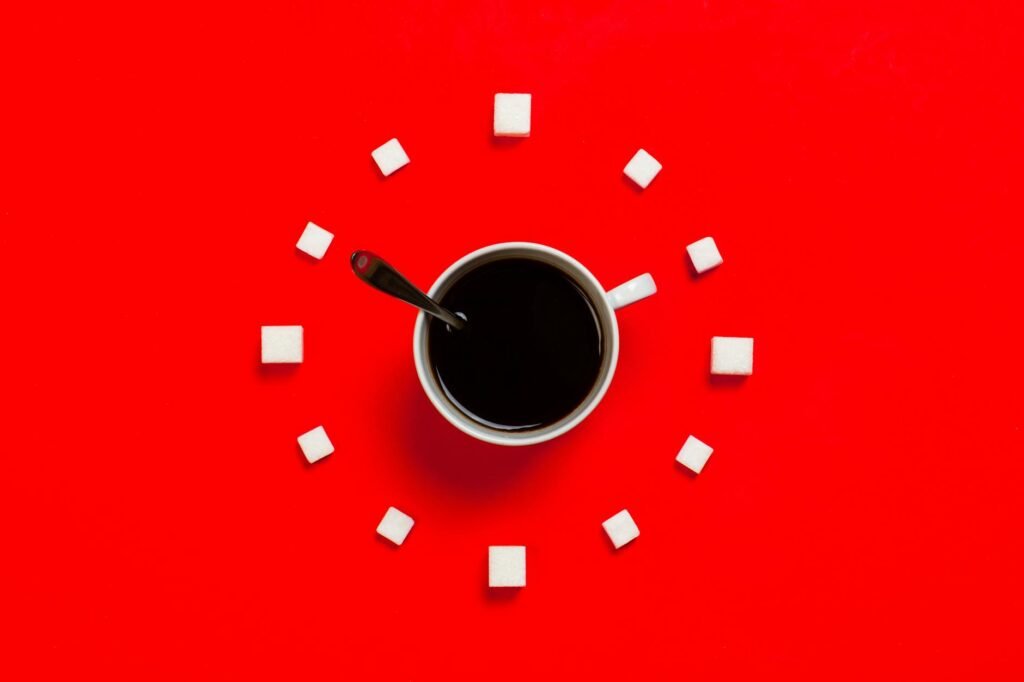By A. Geri



Coffee and energy drinks are both popular choices for those seeking a quick boost in energy and alertness. While they share some similarities, they also have distinct differences in terms of their ingredients, effects, and health implications. This analysis explores the pros and cons of both beverages, helping you make an informed choice about which might be better suited to your needs.
Coffee
Pros:
- Natural Source of Caffeine:
- Coffee is a natural source of caffeine, which is well-known for its stimulating effects on the central nervous system. It can improve focus, alertness, and cognitive performance.
- Rich in Antioxidants:
- Coffee contains a high level of antioxidants, such as chlorogenic acid and polyphenols, which can help reduce inflammation and protect against various diseases.
- Potential Health Benefits:
- Regular coffee consumption has been linked to a lower risk of several chronic diseases, including type 2 diabetes, Parkinson’s disease, Alzheimer’s disease, and certain types of cancer.
- Variety of Options:
- Coffee can be enjoyed in many forms, such as espresso, cappuccino, latte, or black coffee, catering to diverse tastes and preferences.
Cons:
- Potential for Overconsumption:
- Drinking too much coffee can lead to side effects like anxiety, jitteriness, insomnia, and increased heart rate. It can also lead to caffeine dependence and withdrawal symptoms.
- Acidity:
- Coffee is acidic, which can cause digestive issues like heartburn or stomach upset in some individuals.
- Additives:
- The health benefits of coffee can be negated by adding excessive amounts of sugar, cream, or flavored syrups.
Energy Drinks
Pros:
- High Caffeine Content:
- Energy drinks typically contain higher amounts of caffeine compared to coffee, which can provide a more immediate and intense energy boost.
- Additional Ingredients:
- Energy drinks often include additional ingredients such as taurine, B vitamins, and herbal extracts, which are marketed to enhance energy levels, improve mental performance, and reduce fatigue.
- Convenience:
- Energy drinks are pre-packaged and ready to consume, making them a convenient option for people on the go.
Cons:
- High Sugar Content:
- Many energy drinks contain high levels of added sugars, which can contribute to weight gain, tooth decay, and an increased risk of type 2 diabetes and cardiovascular disease.
- Artificial Additives:
- Energy drinks often contain artificial flavors, colors, and preservatives, which may have negative health effects.
- Potential Health Risks:
- The high caffeine content, combined with other stimulants, can lead to severe side effects such as heart palpitations, high blood pressure, nausea, and in extreme cases, heart attacks. Excessive consumption can be particularly dangerous.
- Regulatory Concerns:
- Unlike coffee, energy drinks are subject to less stringent regulation in some regions, leading to variability in caffeine content and the inclusion of untested additives.
Comparative Analysis
Caffeine Content:
- Coffee: Typically contains 95-200 mg of caffeine per 8-ounce cup.
- Energy Drinks: Can range from 70-300 mg of caffeine per 8-ounce serving, depending on the brand and formulation.
Health Implications:
- Coffee: Offers several health benefits when consumed in moderation, primarily due to its antioxidant content. However, it can cause digestive issues and dependence in some individuals.
- Energy Drinks: Provide a quick energy boost but come with significant health risks, especially due to their high sugar content and artificial additives. They can be particularly dangerous if consumed in large quantities or combined with alcohol.
Usage Scenarios:
- Coffee: Best suited for individuals seeking a natural source of caffeine with additional health benefits. Ideal for daily consumption in moderate amounts.
- Energy Drinks: May be suitable for those needing a rapid and potent energy boost, such as during intense physical activity or periods of prolonged wakefulness. However, they should be consumed with caution and not relied upon regularly.
Conclusion
Both coffee and energy drinks have their place as sources of caffeine and energy. Coffee is generally a healthier option with numerous potential benefits when consumed in moderation. Energy drinks, while effective for a quick boost, carry more significant health risks and should be consumed sparingly. Understanding the differences between these beverages can help you make better choices for your health and energy needs.
Author


